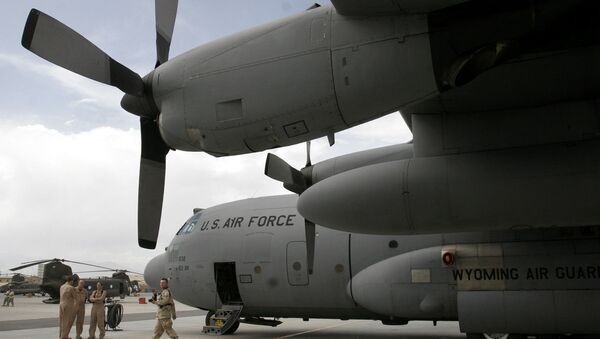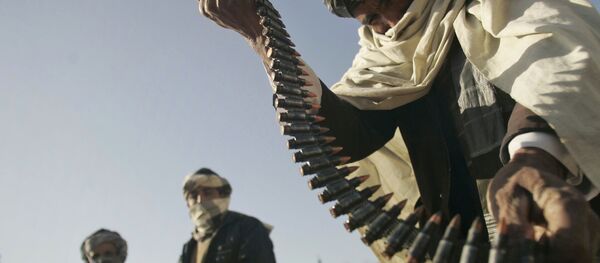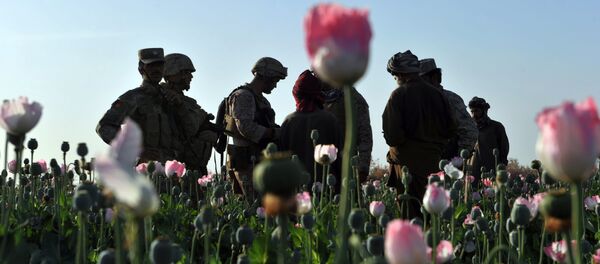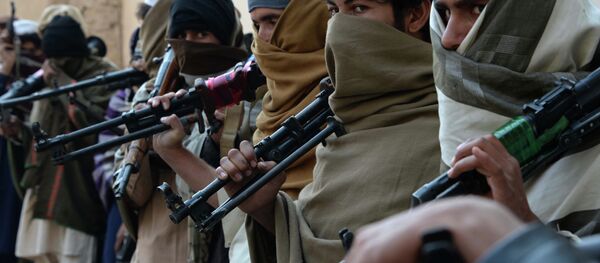MOSCOW (Sputnik), Anastasia Levchenko – Sending new troops to one of the Afghan provinces that has been overrun by the Taliban is seen as a desperate move by Western states who have officially withdrawn from the country, analysts told Sputnik.
On Tuesday, the United Kingdom deployed a group of military personnel to the southern Afghan province of Helmand, where Afghan government forces have suffered a defeat to the Taliban insurgents who have captured most of the town of Sangin. Kabul has claimed that it remains in full control of the southern province.
Indiana University associate political science professor Abdulkader Sinno and former State Department Bureau of Intelligence and Research analyst on Afghanistan Marvin Weinbaum have offered a grim assessment of the British deployment, while University of Arizona history professor David Gibbs classified London a "minor league supporter" of US moves.
DESPERATE MOVE
"The sending of Western special forces to Helmand is a desperate move that aims to stabilize the battlefield and stop the Taliban momentum," Sinno said, stressing the morale- and discipline-boosting role of the British troops.
Sinno said the new deployment "buys some time" for the Afghan National Army and Afghan National Police to regain territory without thinning their presence elsewhere.
Weinbaum underscored the US and UK commitment not to let Helmand "slip away entirely" because of "considerable" previous security investment in the province.
"If the province falls it will increase the chances that the Taliban's strategy of holding territory will be repeated in a number of other provinces in a spring offensive," he observed.
‘MINOR LEAGUE SUPPORTER’
The Helmand deployment follows a stepped up campaign to reclaim the northern city of Kunduz this fall, reinforced by US airstrikes.
Against the backdrop of Islamist gains in Afghanistan and the Middle East, Gibbs told Sputnik the redeployment of British troops is seen as part of a wider "escalation of US-led forces."
"For the British, this augmented involvement in Afghanistan is part of a distinctly UK approach to international relations, which is termed ‘bandwagoning’," the academic offered. "The UK has of course long ago ceded its great power status to the United States, and British policy now seeks to gain some small advantages by acting as a minor league supporter of pretty much anything the United States does in the world."
Gibbs concluded that there is a lack of a discernible NATO strategy, "apart from simply continuing the war and holding off the Taliban as long as possible."
The Taliban intensified its offensive in Afghanistan this year, seizing entire regions and killing both national and foreign personnel. Military casualties had reached 4,000 by August this year, according to Pentagon estimates.
Often described as the "deadliest area in Afghanistan," Sangin hosted the largest post-World War II British camp as part of NATO’s International Security Assistance Force (ISAF) in 2005-2014.
On December 31, 2014, the US-led ISAF mission formally ended combat operations, transitioning to a non-combat Resolute Support Mission in the country with nearly 13,000 training and advice personnel.





